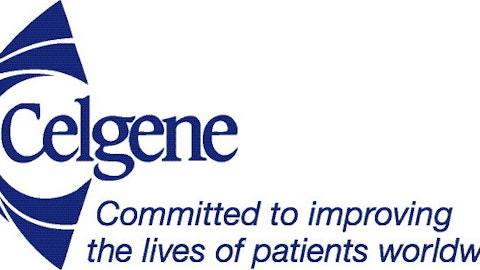I think I have uncovered the real reason why Abbott Laboratories (NYSE:ABT) decided to spin off its pharmaceutical division into AbbVie Inc (NYSE:ABBV). The new company — now focused solely on medical devices, diagnostic tests, and nutritionals — has developed a technology that will change the way doctors identify and fight diseases. It may be one of the biggest developments since the discovery of penicillin. Rumor has it that the technology was borrowed from an advanced alien civilization.

Put me in coach, I’m ready to diagnose
The brief explanation above provides a glimpse into the capabilities of the PLEX-ID system, but why is it needed in the first place? Despite the hundreds of billions of dollars poured into the health care and pharmaceutical industries each year, doctors are left with relatively few options when it comes to diagnosing infectious diseases. The inefficient and outdated process boils down to a game of “guess the symptoms,” where doctors prescribe medications based on their best assumptions and hope they work before the days or weeks it can take to get concrete results from lab work.
Abbott’s PLEX-ID system can identify the microbes responsible for infectious diseases in just eight hours, while a smaller version in development is targeting a five-hour wait — both markedly lower than the best existing procedures. Don’t think it’s a big deal? According to NewScientist, in the last-decade prototypes of the device were the first to correctly identify a novel form of coronavirus as the source of SARS and were the first to identify cases of H1N1 swine flu in the United States in 2009. Now imagine if your family doctor had access to one.
Combating resistance
By diagnosing infectious diseases correctly doctors will not overprescribe antibiotics when they will be the least effective medication. By not overprescribing antibiotics, the world will take a major step to combatting antibiotic-resistant bacteria. Of course, other steps are needed to generate solutions to the resistance problem. Such as, you know, actually developing new antibiotics and anti-infectious drugs.
According to an article published last year in The Telegraph, “only two new classes of antibiotics have been found in the past three decades and sales shriveled to $14.4 billion in 2010 from $16.1 billion in 2005.” The only major companies currently researching new antibiotics are GlaxoSmithKline plc (ADR) (NYSE:GSK), Johnson & Johnson (NYSE:JNJ), and AstraZeneca plc (ADR) (NYSE:AZN).
An increasing focus on higher-margin drugs, such as biologics, is further compounding the problem. It also doesn’t help much that GlaxoSmithKline and AstraZeneca are among the worst performers in big pharma, which puts their programs at the top of the list for funding cuts. Only Johnson & Johnson showed encouraging signs as its infectious drug portfolio grew 21.5% last year over 2011, and that is after excluding Levaquin, which lost full exclusivity last year.
Foolish bottom line
While the PLEX-ID system certainly tips the scales in coolness factor, investors must realize that the machines will likely not sell in eye-popping amounts. That would limit doctors’ access to the novel machine, thus increasing diagnosis times and negating its advantage in the first place. Price and size will limit the device’s adoption and contribute to its “nice to have” label — something in the health care industry that is more of a luxury than a necessity. Maybe I’m wrong. Maybe one of these systems will find its way into hospitals scattered across the globe. I just wouldn’t bet the house and kids on Abbott for solely this reason.
The article Is Abbott’s Universal Microbe Detector a Big Deal? originally appeared on Fool.com and is written by Maxx Chatsko.
Fool contributor Maxx Chatsko has no position in any stocks mentioned. Check out his personal portfolio, his CAPS page, or follow him on Twitter @BlacknGoldFool to keep up with his writing on energy, bioprocessing, and emerging technologies.The Motley Fool recommends Johnson & Johnson. The Motley Fool owns shares of Johnson & Johnson.
Copyright © 1995 – 2013 The Motley Fool, LLC. All rights reserved. The Motley Fool has a disclosure policy.





